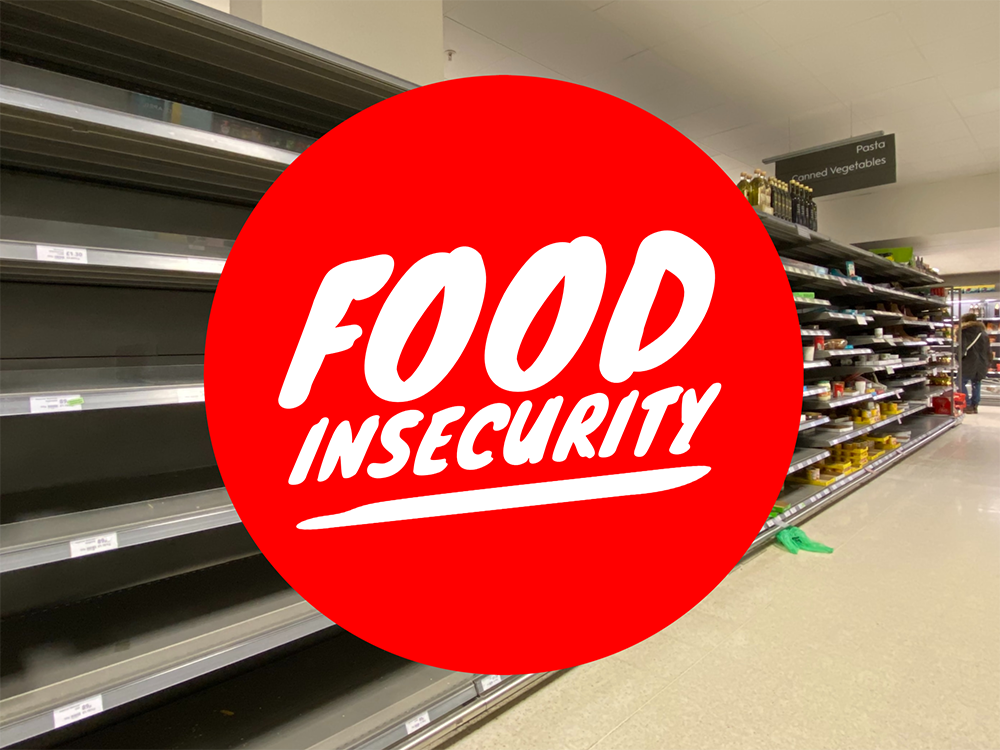
Prepping is no longer a pastime reserved for fringe doomsayers or northerners stocking up for the cyclone season. Over the past weeks COVID-19’s Omicron variant has brought the country’s food supply chain to its knees. In regional cities like Cairns, supermarket shelves often lay bare.
“Take a moment and try to imagine that this food insecurity was your everyday life,” said Daphne Naden, ICAN Director and Kubirriwarra Yalanji Traditional Owner. “Or if fresh produce and everyday essentials were outside the realm of your family’s budget, or you simply can’t find them on the shelves.”
“Now ponder that remote Indigenous communities have lived in these conditions for decades,” said Daphne. “The alarming gaps in health outcomes and life expectancy of Aboriginal and Torres Strait Islander people should then come as no surprise.”
“Even thinking of relying on fishing or hunting to supplement your diet, requires having resources such as petrol, boat, or a car,” said Daphne. “Welfare payments don’t cut it anywhere, let alone in a regional and remote setting.”
One study found that the cost of food in remote locations averaged 60 percent more compared with urban centres. In Queensland, one third of all Indigenous people have faced food insecurity at some point, while nationally, 20 percent have run out of food within the last 12 months. (Source: Croakey Article)
Numerous government reports – including the latest “Food pricing and security in remote Indigenous communities report” have highlighted recommendations to improve food security issues in remote Indigenous communities.
One of the report’s recommendations that ICAN and community partner CHOICE felt needed to be undertaken, was an enhanced market study into food and grocery prices in remote community stores. Aaron Davis, ICAN CEO explained. “We believe that this study would uncover critical information for communities about where the costs lie in the supply chain and where the system may be vulnerable to exploitation. Unfortunately, this recommendation has been rejected by government.”
“If addressing the high cost of goods isn’t feasible, then we really need to ensure people get an adequate social income to live on as advocated by the Australian Council of Social Service through their “Raise the rate for good campaign,” said Aaron. “Just as the Novak Djokovic visa story has brought renewed attention to the plight of refugees, wouldn’t it be great if the latest bout of food insecurity felt by many Australians, brought a sense of empathy and a push for change to the everyday living conditions experienced by Indigenous communities.”